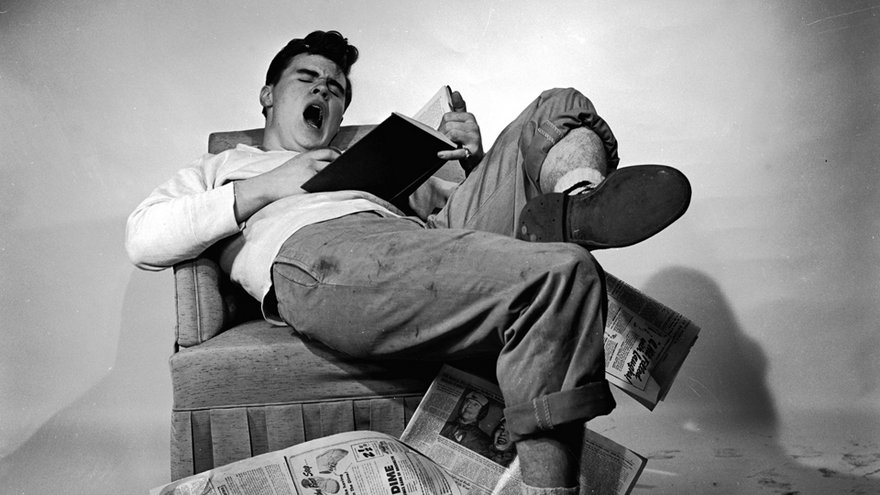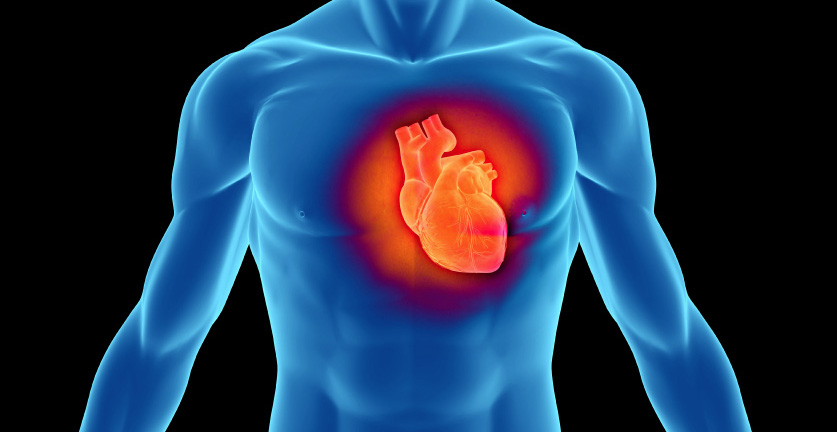It’s funny how sometimes our own amazing advancement can develop a gradual demise. As we progress with technology and policy at a rate that no known species can parallel, we also contribute to negative health without intending to do so.
Obesity was hardly a problem centuries ago, when overweight appearance was commonly associated with royalty and comfort. Now, thanks to mass production and a highly profitable market, food is much easier to get and far less healthy. This is obvious to most people, it’s the not so obvious ways our daily lives harm us that come as a shock, particularly one: sitting.
[wp_ad_camp_1]
Yes, sitting down could be killing you slowly. If not, it still could be having some serious health implications. The act of sitting may seem relatively harmless. The average American does it for hours at a time every single day. It’s comfortable, it’s convenient, it allows us to focus on our work or binge on Netflix episodes of our favorite show, but studies by medical journals claim too much of it has been linked to higher chances of untimely death.
Think of ourselves as an animal, because essentially we are. Before civilization there weren’t comfortable recliners to lounge in, computer chairs to spin around the office, or sofas to fall into and waste a day away. Biologically, sitting is kind of a foreign activity when taken in the amount we do it, and our bodies suffer because of this. Nearly 150 years ago, people spent nearly 90% of their day moving around. In contemporary society, we lounge on our butts for approximately 60% of the day.
Health Implications of Too Much Sitting
There are many different reasons too much sitting is bad for you, we’ll start with some of the basic and obvious ones.
Obesity
Hardly a surprise, but many are torn between the “chicken or the egg” concept here. Some claim that more sitting comes as people gain weight and become obese. Let’s consider the root cause of weight gain, however, to put it in perspective: calorie expenditure. When compared to sitting, standing burns about 160 more calories on a daily basis.
There’s no real nutritional or physical science needed here; simply reducing the time spent sitting will reduce the likeliness of weight gain, especially in a society with such available and unhealthy food. There has also been research at an Energy Metabolism Laboratory that suggests a link between sitting and an increased appetite. Sitting not only decreases your ability to burn calories, it increases your tendency to consume them.
Further reading: Read my article about 12 simple tweaks for weight loss and great health, which one of them is simply to use your legs more often. Adapting simple tweaks for weight loss is also one of the 70 habits featured in my e-book 70 Powerful Habits For A Great Health which will guide you how to take positive steps to improve your wellness and overall health.
Heart Health
Sitting makes the muscles in your body calm down and become stagnant. After a few hours the level of healthy cholesterol in your body can drop up to 20%. There has been studies linking males that sit for long periods of the week to a higher risk of death by heart disease.
It has also been suggested that sitting for long periods contributes to a poor overall blood circulation. Fat is more likely to accumulate in the bloodstream and blood glucose levels can become dangerously high. Type 2 diabetes has also been connected with excessive sitting.
Physical Development
Got a lot of back pain? Feel sluggish and tight? Sitting down is far from yoga, and it isn’t doing your body any favors. Too much of it over long periods of time might cause future back problems, especially if done with poor posture.
Death
There are a ton of diseases (some doctors estimate well over 20) that are linked to sitting, but the most surprising one is simply death. Of the many studies that have surfaced in recent years concerning the human habit of excessive sitting, the most shocking are the many linking long bouts of sitting to a higher mortality rate.
Both men and women have been analyzed, and each gender has shown a longer lifeline when they spent more time standing and being active.
What Can You Do?
It’s difficult to simply stop sitting altogether. Our society demands it. We have work and education to deal with, and it doesn’t always seem possible to avoid chairs. First, people should realize that exercising is good, but it doesn’t eliminate the health risks associated with excessive sitting.
Many of the people observed in the studies above still suffered negative health impacts of sitting despite short bouts of activity. While a 30-minute jog will help, it doesn’t counteract all the hours you spend in a chair afterward. So start to move your body more often and reduce your overall sitting time.
One evolving trend is standing desks at the workplace. It may seem odd, but there are a ton of great incentives once your body has adjusted to standing during the day. People who use standing desks have noted higher productivity and energy throughout the day.
Over time the shift from office chair to standing begins to feel more natural and you’ll be less likely to want to sit outside of work. You can take things a step further and get a treadmill desk to boost the calories you burn.
Other people simply set alarms or reminders during the day to periodically get up and move around to break up long bouts of sitting. Be wary of hobbies that encourage sitting, such as video games and television. These can still be enjoyed with little health implications if you do them standing, or on a treadmill, but many people claim outdoor walks are the best way to unwind and forget about the harmful habit we’ve become so accustomed to.
Source: www.healthyandnaturalworld.com











